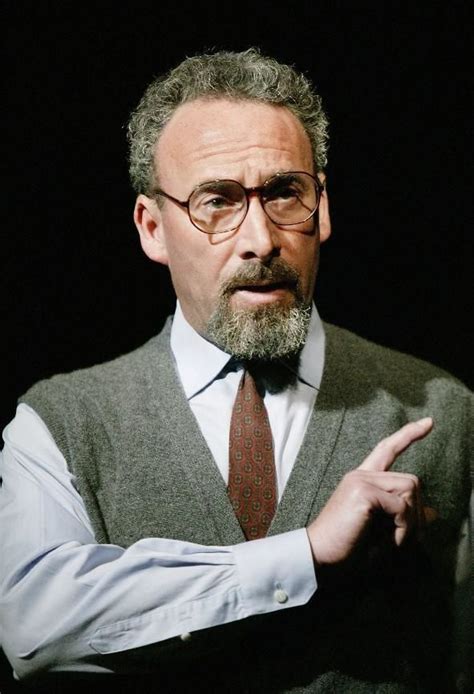A Quote by Jeanette Winterson
the power of a text is not time-bound. The words go on doing their work.
Related Quotes
Generally, the imagery and the text go hand in hand. It's much easier when the text comes first, but sometimes I need visual stimulation in order to find the words. I get an idea of what I want when I begin to shoot, and the text is usually the last thing to be resolved. I tend to leave the text open, and I refine the words up to the last minute. As for the image, I can resolve that and get that done fairly quickly.
With Orff it is text, text, text - the music always subordinate. Not so with me. In 'Magnificat,' the text is important, but in some places I'm writing just music and not caring about text. Sometimes I'm using extremely complicated polyphony where the text is completely buried. So no, I am not another Orff, and I'm not primitive.
If you go to one demonstration and then go home, that's something, but the people in power can live with that. What they can't live with is sustained pressure that keeps building, organisations that keep doing things, people that keep learning lessons from the last time and doing it better the next time.
When you achieve it fully, you create something that's transparent - that people can move into and through their own experiences. As a writer, I don't want people spending time thinking, "What does she mean?" I want, in a way, my text to go away. So that the words on the page become a door to one's own internal investigation. It's just a passage. If the work does its job, it just opens.
If I read a script and the subject stays with me - then that's when I want to go to work. Before, I was very addicted to being on set, and I was doing three or four movies a year for many years. Now, fortunately, I can go to work only when I am passionate about a project, and the rest of the time, I can live my life. I'm not interested in doing movies just as a marathon. When I go to work now, I have much more to give. But the other way, you get empty.
With vocal and choral music, first and foremost, it's the text. Not only do I need to serve the text, but the text - when I'm doing it right - acts as the perfect 'blueprint', and all the architecture is there. The poet has done the heavy lifting, so my job is to find the soul of the poem and then somehow translate that into music.
The power of a text when it is read is different from the power it has when it is copied out. Only the copied text thus commands the soul of him who is occupied with it, whereas the mere reader never discovers the new aspects of his inner self that are opened by the text, that road cut through the interior jungle forever closing behind it: because the reader follows the movement of his mind in the free flight of day-dreaming, whereas the copier submits it to command.






































